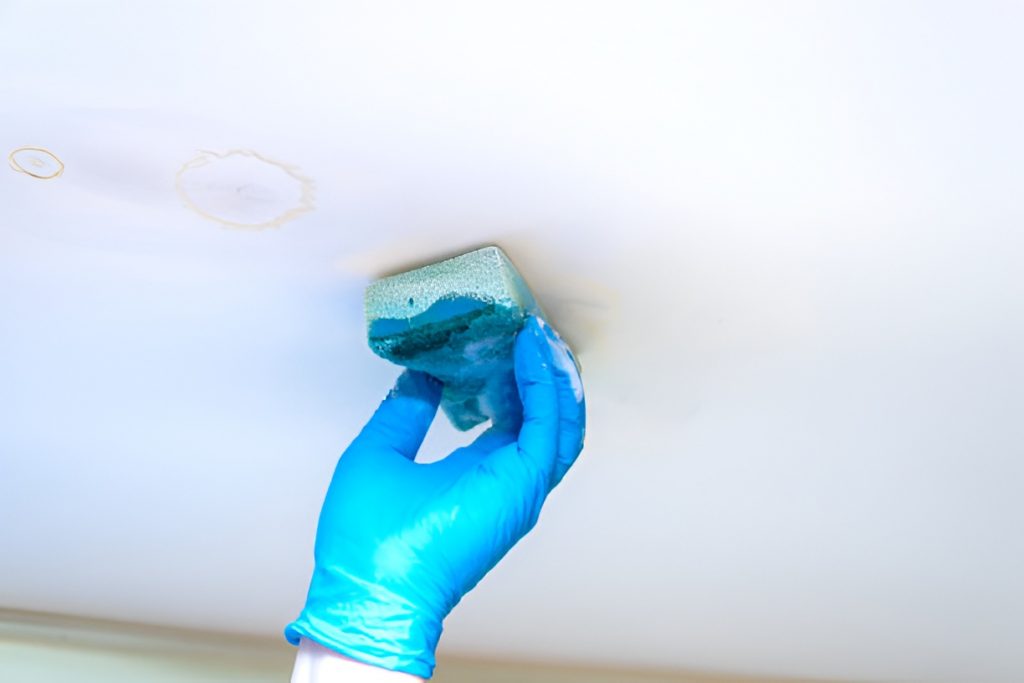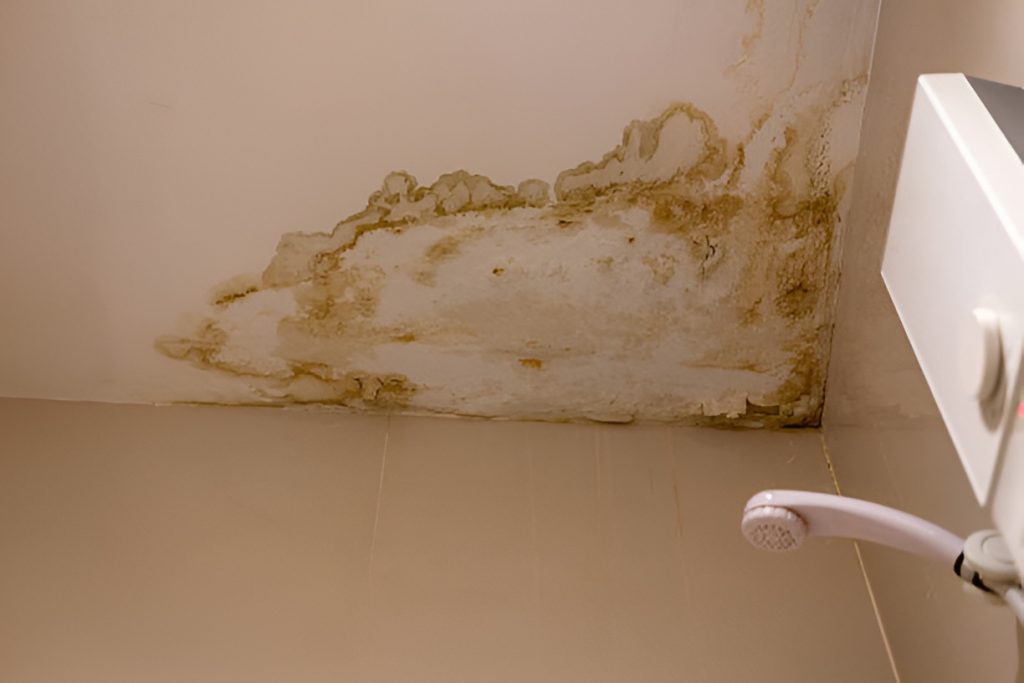Highlights
- A structured cleaning schedule reduces stress and keeps homes organized.
- Breaking tasks into daily, weekly, and monthly routines prevents overwhelm.
- Customizing your schedule around family routines makes cleaning manageable.
- Involving all family members creates teamwork and shared responsibility.
- Time-saving tools and smart habits simplify home maintenance.
- Consistency is more important than perfection when maintaining cleanliness.
- Occasional professional help can complement your household routine.

Keeping a home clean can feel like an endless cycle, especially when you’re managing a busy household. Between work, school, errands, and family time, cleaning often becomes the task that gets pushed aside. Yet, when messes pile up, they cause stress, frustration, and even tension among family members.
That’s where an organized cleaning schedule comes in. A well-structured plan helps you stay on top of household chores without feeling overwhelmed. Instead of trying to tackle everything in one exhausting weekend, you spread tasks throughout the week in a manageable and predictable way.
This article will walk you through practical steps to create a cleaning schedule that fits your lifestyle — from assessing your household’s needs to breaking down daily and weekly routines, involving your family, and using time-saving tools that make cleaning more efficient.
Why a Cleaning Schedule Matters
Creating a cleaning schedule isn’t just about tidiness — it’s about reclaiming time and peace of mind. When cleaning is unstructured, it’s easy to overlook tasks until they become overwhelming. A schedule transforms cleaning from a chaotic chore into a routine habit.
Benefits of Having a Cleaning Schedule
- Saves time: By dividing tasks into smaller daily goals, you prevent major weekend cleanups.
- Reduces stress: Knowing what needs to be done and when helps you stay organized.
- Maintains a healthier environment: Regular cleaning minimizes dust, allergens, and bacteria.
- Promotes teamwork: A clear schedule makes it easier to delegate responsibilities fairly.
- Encourages consistency: Once established, routines become second nature to the family.
A good schedule doesn’t demand perfection — it’s about balance. Even 15 minutes a day can make a significant difference in how clean and welcoming your home feels.
Assessing Your Household’s Cleaning Needs
Before you build your schedule, assess what your household truly needs. Every family’s home is different, so there’s no one-size-fits-all approach.
Factors to Consider
- Household size: A family of five with pets will require more frequent cleaning than a single person.
- Home layout: Larger homes may need task rotation, while smaller ones benefit from daily tidying.
- Lifestyle: Busy professionals may prefer quick daily tasks and hire professionals for deep cleans.
- Pets and children: Both add joy — and extra cleaning duties like fur, spills, or toy clutter.
Ask Yourself:
- Which rooms get messy the fastest?
- Which chores take the most time or cause the most frustration?
- What cleaning tasks can I realistically do each day?
- Are there chores suitable for kids or other family members?
By answering these questions, you can prioritize what matters most and create a cleaning plan that actually works for your lifestyle.
Breaking Tasks into Daily, Weekly & Monthly Routines
One of the biggest secrets to maintaining a clean home is breaking chores into manageable chunks. Rather than tackling everything at once, spread cleaning tasks across daily, weekly, and monthly routines.
Daily Cleaning Tasks
Small actions done consistently make a huge impact. These tasks take only a few minutes but prevent clutter from piling up:
- Make all the beds first thing in the morning.
- Wipe down kitchen counters and dining tables after meals.
- Load or unload the dishwasher daily.
- Tidy living areas by returning items to their places.
- Do a quick sweep or vacuum of high-traffic areas.
- Put away laundry or fold a small load each day.
Weekly Cleaning Tasks
Weekly chores handle areas that accumulate dirt over time:
- Vacuum all rooms thoroughly, including under furniture.
- Mop hard floors.
- Clean bathrooms — toilets, sinks, mirrors, and showers.
- Wash bedding and towels.
- Wipe down kitchen appliances and cabinet fronts.
- Dust shelves, decor, and ceiling fans.
Monthly Cleaning Tasks
These deeper tasks keep your home fresh and prevent long-term buildup:
- Clean inside the refrigerator and oven.
- Wipe window sills and blinds.
- Wash curtains, rugs, and doormats.
- Organize closets and drawers.
- Vacuum behind large furniture and appliances.
Tip: Assign each day a focus area. For example, Monday = Kitchen, Tuesday = Bathroom, Wednesday = Living Room. Having structure makes the schedule predictable and easier to follow.
Creating a Cleaning Schedule That Fits Your Lifestyle
A schedule works best when it aligns with your family’s natural routines. If mornings are chaotic, focus on evening cleanups. If weekends are family time, spread tasks across weekdays instead.
Tips for Customizing Your Cleaning Schedule
- Start small: Choose three to four daily habits before adding more.
- Use a family calendar: Assign tasks to different days and family members.
- Sync with routines: For example, wipe the bathroom counter after brushing your teeth.
- Be flexible: If you miss a task, simply move it to another day.
- Keep visual reminders: Use printable charts, fridge calendars, or mobile cleaning apps.
A realistic schedule feels manageable — not overwhelming. It’s better to clean consistently in small doses than sporadically in long marathons.
Getting the Whole Family Involved

Maintaining a clean home shouldn’t fall on one person’s shoulders. Family involvement lightens the workload and teaches children valuable life skills.
Ways to Encourage Teamwork
- Assign age-appropriate chores:
- Young kids: Put toys away, wipe surfaces, feed pets.
- Teens: Vacuum, take out trash, do laundry.
- Rotate chores weekly: Keeps things fair and prevents boredom.
- Create a reward system: Offer small incentives like screen time, allowance, or a family movie night.
- Make it fun: Play upbeat music, set timers, or turn cleaning into a 10-minute challenge.
When everyone pitches in, cleaning becomes part of the family’s daily rhythm rather than a dreaded event.
Time-Saving Cleaning Hacks for Busy Families
Even the best schedules need efficiency. Using smart shortcuts and tools can reduce cleaning time dramatically.
Quick Hacks That Save Time
- Clean as you go: Wash dishes or wipe spills while cooking.
- Use multitasking products: All-purpose cleaners reduce the need for multiple supplies.
- Keep microfiber cloths handy: Ideal for quick dusting and polishing.
- Do mini cleanups: A 5-minute evening pickup can transform the next morning.
- Tidy before bedtime: Waking up to a clean home sets a positive tone for the day.
Invest in Helpful Tools
- Robotic or cordless vacuums for easy floor cleaning.
- Steam mops for sanitizing hard floors quickly.
- Compact cleaning caddies to keep supplies organized.
- Extendable dusters for hard-to-reach spots.
Having the right tools makes cleaning more efficient and less physically demanding, especially for busy parents.
Managing High-Traffic & Problem Areas
Some areas of the home require more frequent attention. Kitchens, bathrooms, and entryways get messy fast but can stay clean with consistent habits.
Kitchen
- Wipe counters after every meal.
- Sweep or vacuum crumbs daily.
- Empty trash frequently to avoid odors.
- Wipe appliance exteriors weekly.
Bathroom
- Use a daily shower spray to prevent soap scum.
- Keep disinfectant wipes for quick counter cleanups.
- Replace towels and bath mats weekly.
Entryway
- Place a shoe rack or mat near the door.
- Add storage baskets for keys and mail.
- Sweep or vacuum dirt and debris regularly.
Living Room
- Declutter surfaces each evening.
- Fluff pillows and fold blankets after use.
- Wipe down coffee tables and remotes weekly.
By addressing these high-traffic zones daily, you prevent clutter and dirt from spreading throughout the home.
Using Professional Help Strategically
Even with the most organized schedule, there are times when professional help makes sense. Hiring a cleaning company with experience can supplement your routine and handle deep-cleaning tasks you don’t have time for.
When to Consider Professional Cleaning
- During busy life transitions — new baby, moving, or seasonal changes.
- For carpets, upholstery, or windows that require special equipment.
- After holidays, parties, or major family events.
- For seasonal deep cleans (e.g., spring or fall).
Benefits of Hiring Professionals
- Saves time and energy for families with hectic schedules.
- Ensures thorough cleaning of hard-to-reach or neglected areas.
- Provides peace of mind knowing your home is maintained by experts.
Professional cleaning doesn’t replace your schedule — it enhances it, keeping your home fresh while you focus on family life.
Staying Consistent & Motivated
Consistency is the foundation of a clean home. The goal isn’t perfection but maintaining steady progress.
Tips to Stay Motivated
- Track progress: Use checklists or apps to mark completed tasks.
- Set mini goals: Focus on one room or task per day.
- Celebrate small wins: Reward yourself for consistency, not perfection.
- Visualize the payoff: A clean home means less stress, better focus, and more comfort for your family.
Remember, missing a day doesn’t mean failure — what matters is returning to your routine. Over time, cleaning becomes a natural part of daily life.
Conclusion
Organizing a cleaning schedule for a busy household is about creating balance and routine, not striving for spotless perfection. By breaking tasks into daily, weekly, and monthly routines, you make cleaning manageable and prevent chaos from taking over.
Involving your family builds teamwork and shared responsibility, while using smart tools and strategies saves precious time. And when life gets too busy, professional help can step in to keep your home in top shape.
Ultimately, consistency is the key — a few minutes each day add up to a cleaner, calmer, and happier home for everyone. A good cleaning schedule isn’t just about chores; it’s about creating more space for what truly matters: family time, relaxation, and peace of mind.


